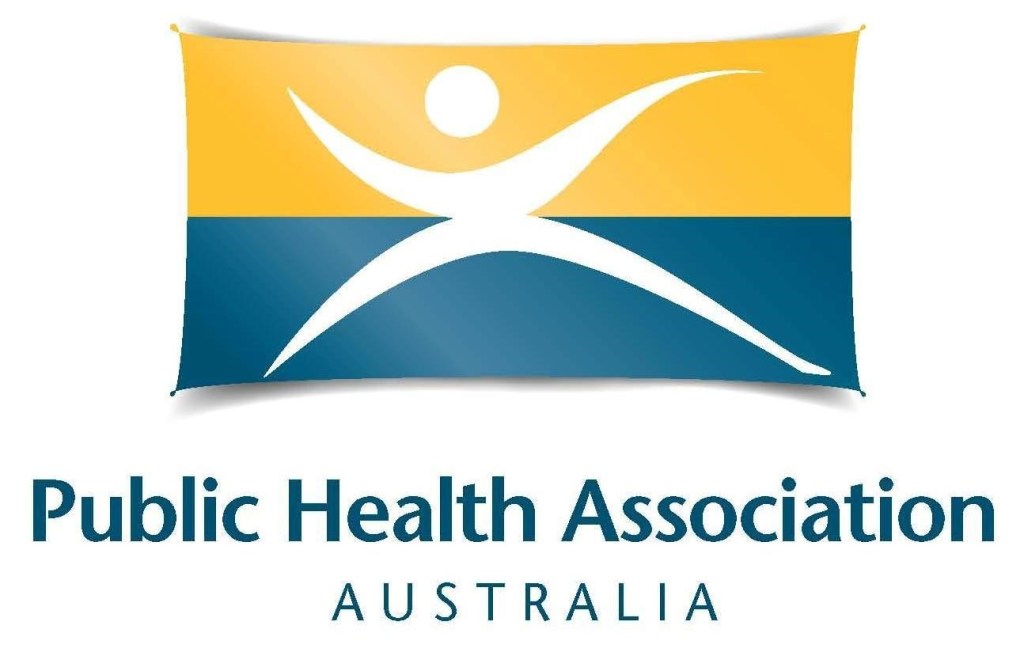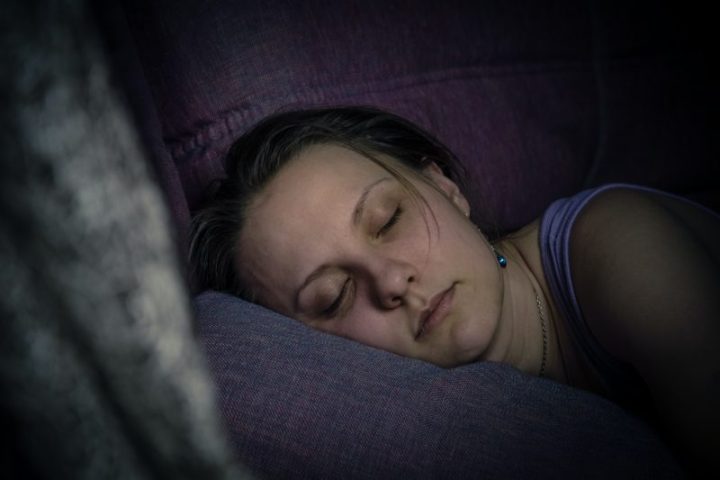Public Health Association of Australia
Researchers and the Public Health Association of Australia joined forces on 19 July 2023 to highlight the importance of sleep to population health.
New research published in our official journal, The Australian and New Zealand Journal of Public Health (ANZJPH), highlighted concerning results when it comes to the sleep health of Australia’s young adults, and how sleep relates to their mental and physical health.
The study included 1,234 young adults from Western Australia’s Raine Study and was the first of its kind in Australia to comprehensively investigate sleep health in young adults.
The study showed a significant proportion of young people have suboptimal sleep, with 30 percent of young adults saying they slept less than seven to nine hours a night, and 18 percent taking more than 30 minutes to fall asleep. Sixty percent lacked regular sleep hours.
Eye-opening new research has revealed 60% of young Australians are struggling to get a good night’s sleep. https://t.co/YReZ2eFXSp @DallyWatkinsC #7NEWS pic.twitter.com/BxWgSpOj2p
— 7NEWS Sunshine Coast (@7NewsSC) July 20, 2023
Researchers also found that many young people weren’t satisfied with their sleep, with 25 percent reporting that their sleep is “fairly bad” or “very bad”. Ten percent also reported having impaired daytime alertness.
Clinical psychologist and lead researcher Dr Alex Metse from the University of the Sunshine Coast was surprised to find that it was self-reported sleep satisfaction and daytime alertness which had the strongest relationship with young adults’ mental and physical health.
“We hear a lot of messaging around the fact that as adults we need seven to nine hours’ sleep a night to be healthy – this study shows that it’s not that simple.
“Compared to young adults who were satisfied with their sleep, those who were dissatisfied with their sleep had mental health scores that were 34 percent lower and physical health scores that were seven percent lower.
“Physical and mental health scores were also lower for those who felt less alert during the day, and mental health scores were lower among those who slept less than the recommended duration in the sleep study.
“Our findings suggest that it could be easy for health practitioners to ask young adults one or two questions about their sleep satisfaction and alertness to identify who might be at risk of poor physical and mental health related to poor sleep.”
The research was promoted by PHAA’s Communications team with lead researcher Dr Alex Metse, PHAA CEO Adjunct Prof Terry Slevin, and ANZJPH Editor-in-Chief John Lowe all helping to manage significant media interest in the story by fielding media interviews.
View this post on Instagram
Adjunct Prof Slevin told ABC News Online that the study reinforces the importance of getting a good night’s sleep.
“Like good nutrition, like good physical activity, you need to plan for it, you need to do it well,” Adjunct Professor Slevin said.
He also spoke to SBS Radio about the implications for public health policymakers.
“Increasingly the evidence is forming that suggests that sleep is an important public health issue”.
”In the way that we very clearly recognise that having a healthy diet is good for us, being physically active is good for us, then having good quality and consistent and sufficient sleep is increasingly a public health challenge that we need to do more about and help people address in a constructive manner.”
In the Sunshine State, Journal Editor-in-Chief Professor John Lowe reminded 7 News Queensland’s viewers of the importance of sleep in both the short- and long-term.
Other media highlights included live interviews with ABC News Channel, 9 News Sydney (Afternoons), 3AW Melbourne, ABC Radio Sunshine Coast Radio and ABC Radio Regional WA.
“Sleep health of young adults in Western Australia and associations with physical and mental health: A population-level cross-sectional study” is available open access here.
DR METSE’S TIPS FOR HEALTHY SLEEP
- Reflect on how much sleep you need to feel alert and function well day-to-day. For most adults it is somewhere between 7 and 9 hours, but may be as low as 6 and as high as 10 hours. Prioritise giving yourself the opportunity to get this much sleep each night.
- Create a healthy sleep environment – make the room dark, as quiet as possible and the right temperature to be comfortable.
- Where possible, go to bed and get up at roughly the same time. Having a regular rise time is particularly helpful.
- During the hour before bed, do things that help your mind and body unwind and relax. It’s helpful if the things you do are similar night to night, so they become a cue sleep is coming. It might be helpful to consider whether the use of close screens such as phone and tablets help you unwind. If they do, use a blue light filter and limit use in bed.
- Limit the time you spend in bed to roughly the amount of time you usually spend sleeping.
- Eat a balanced diet and be active during the day. If you can eat and exercise at roughly the same time each day, this has additional benefits for sleep.
- Talk to your doctor if you feel you have trouble going to sleep or staying asleep, aren’t satisfied with your sleep or feel sleepy during the day.
Image: Bermix studio/Unsplash


Leave a Reply